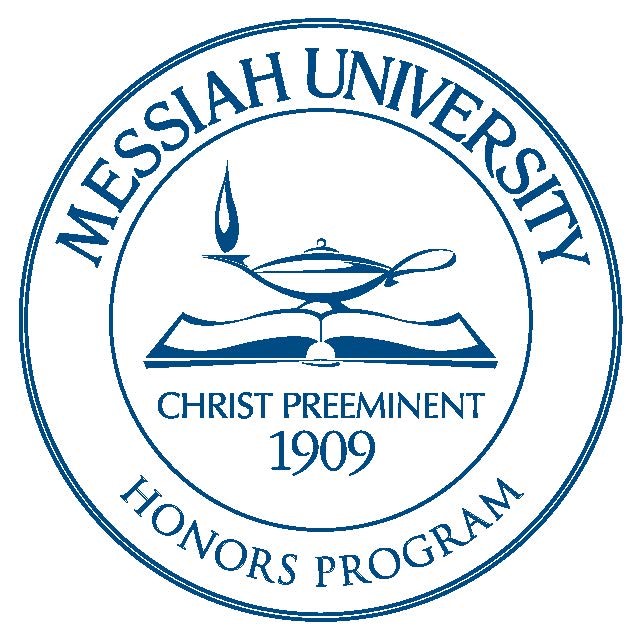Date of Award
5-2012
Document Type
Open Access Thesis
Degree Name
Bachelor of Arts (BA)
Department
History
First Advisor
John Fea Ph.D.
Abstract
In 1776, Thomas Jefferson penned the Declaration of Independence. It included the now famous words “We hold these truths to be self-evident, that all men are created equal, that they are endowed by their Creator with certain unalienable Rights, that among these are Life, Liberty and the pursuit of Happiness.” Upon the successful completion of the Revolutionary War, the government and people of the United States had to implement these words into their daily lives. The Revolution created new opportunities in education and industry for regular people to seek “the pursuit of Happiness.” Such revolutionary ambition has often been explained in terms of “self-made” individuals who work to “make it” on their own. This ambition has been understood as the product of the Enlightenment, an eighteenth-century movement in which self-improvement was considered possible without divine intervention or a life of faith. However, to explain the social mobility of the post-revolutionary generation in purely secular terms misses the important role that religion played in the lives of the early republic’s most ambitious men. Some believed in a providential God who controlled their lives and orchestrated their successes. And, to explain this generation in purely individualistic terms misses the centrality of friends and mentors to these peoples’ accomplishments.
Recommended Citation
Garland, Katherine, "Providential Progress: The Post-Revolutionary World of Robert Crawford" (2012). Honors Projects and Presentations: Undergraduate. 139.
https://mosaic.messiah.edu/honors/139



Comments
This paper is provided open access to promote scholarship and is intended for personal study and not-for-profit educational use.